
MASSLab + AFRY Ark Studio have been announced as the winner of the Finnish Train Factory Mixed-Use Competition, a program that sought proposals for the development of Helsinki’s historic, yet emerging, Pasila Machine Shop Area.
The winning proposal, “A Roof For Helsinki,” was chosen from among five entries in an international competition that occurred in two separate phases, hosted by the Train Factory Group and the Helsinki Municipality. Competition entries included Cobe + Schauman & Nordgren Architects, Architects Lahdelma & Mahlamäki, Architects Rudanko + Kankkunen, and Tommila Architects & Kaleidoscope Architectural & Urban Design.
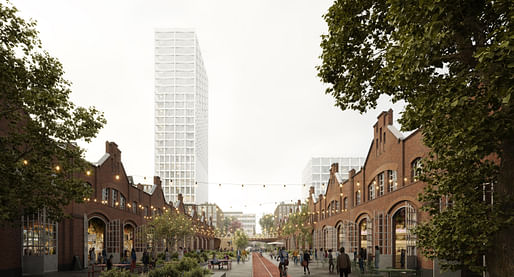
The Pasila Machine Shop Area is currently home to apartments, offices, co-working spaces, restaurants, culture and wellbeing spaces, and more that are set to come in the near future. In 2018, The Train Factory Oy bought the most central buildings in the area, the 19th-century Assembly Hall and Paint Shop, which includes the former Electric Train Building built in the 1970s. The two historic buildings are currently under renovation, set to complete this year, and there are plans to replace the train building with a hotel and office facility. The site spans 45,000 square meters.
Therefore, the aim of this competition was to find a design solution for the natural integration of the new hotel and office building into the historic area. Additionally, the proposal needed to support Helsinki’s goals of developing the bordering main street, Teollisuuskatu, into a central workplace and downtown area, and improve the quality and connections of the area’s pedestrian realm.
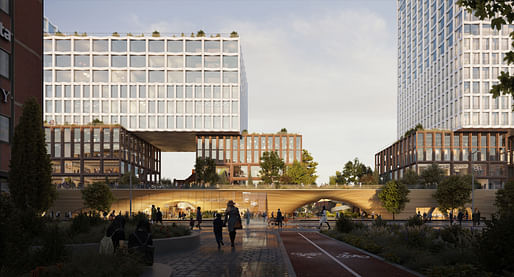
“A Roof For Helsinki” embodied these aims, the judges found, through a building that met the needs of the population. According to the architects, the structure “doesn’t impose itself as a normal building but as a system of uses, actions and habits.”
The building’s street level is organized around an inviting, vaulted ceiling. The roof features a green platform that provides views of the city. MASSLab + AFRY Ark Studio opted for an unconventional form, which allowed for a cost-efficient building suited for evolving needs. The wood present at the ground level is inviting and aligns with the Finnish ethos, while the use of brick creates a continuous dialogue with the surroundings. The glass top dissolves the building into the landscape.
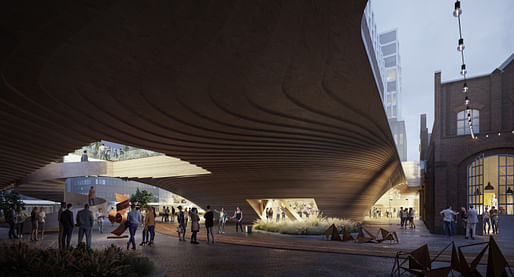
According to the judges, these qualities best corresponded to the goals of the project, and the proposal has the most potential to create a new entrance to the Pasila Machine Shop Area and a new and attractive location in the city.
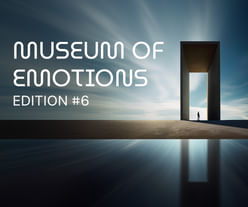
Museum of Emotions / Edition #6
Register by Thu, Jan 23, 2025
Submit by Tue, Apr 29, 2025
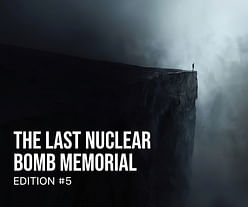
The Last Nuclear Bomb Memorial / Edition #5
Register by Thu, Jan 16, 2025
Submit by Wed, Feb 19, 2025

Kinderspace: Architecture for Children's Development #2
Register by Thu, Jan 16, 2025
Submit by Mon, Jun 16, 2025
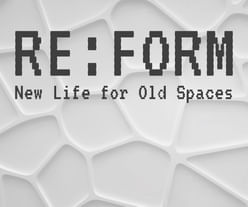
Re:Form – New Life for Old Spaces
Register by Wed, Jan 22, 2025
Submit by Tue, Sep 2, 2025
No Comments